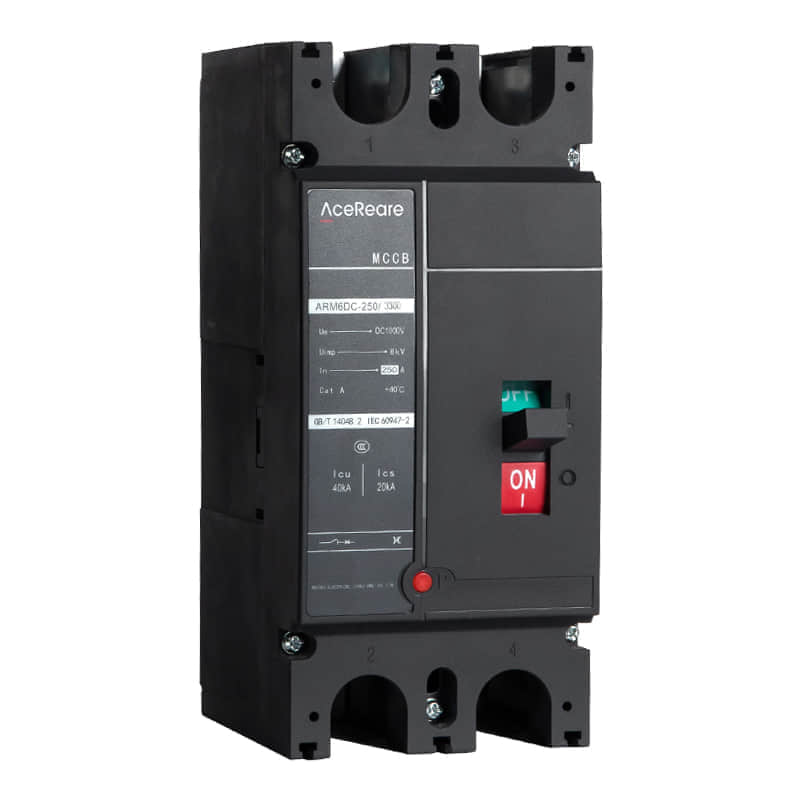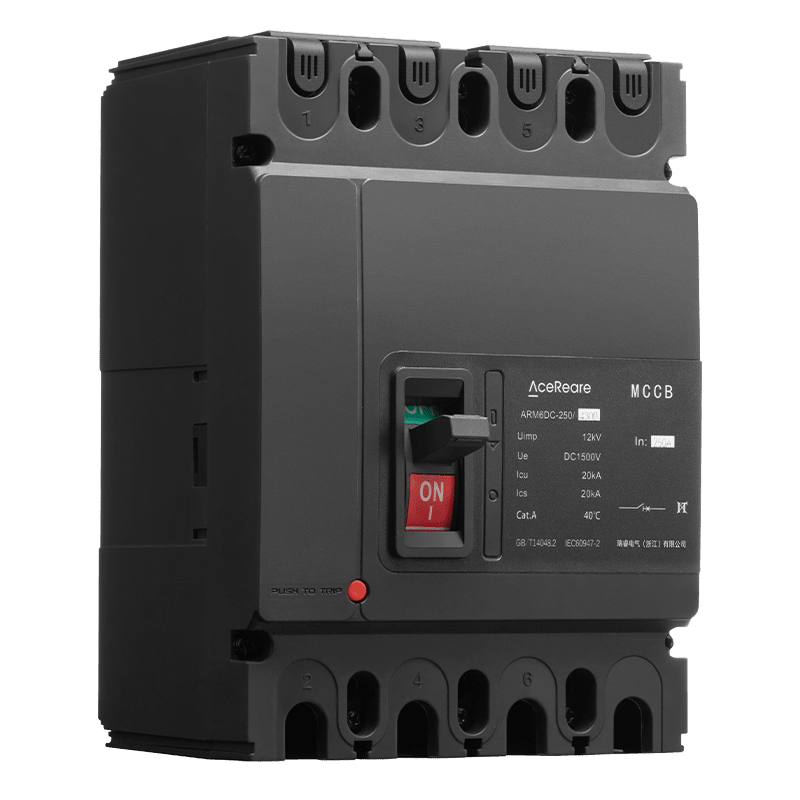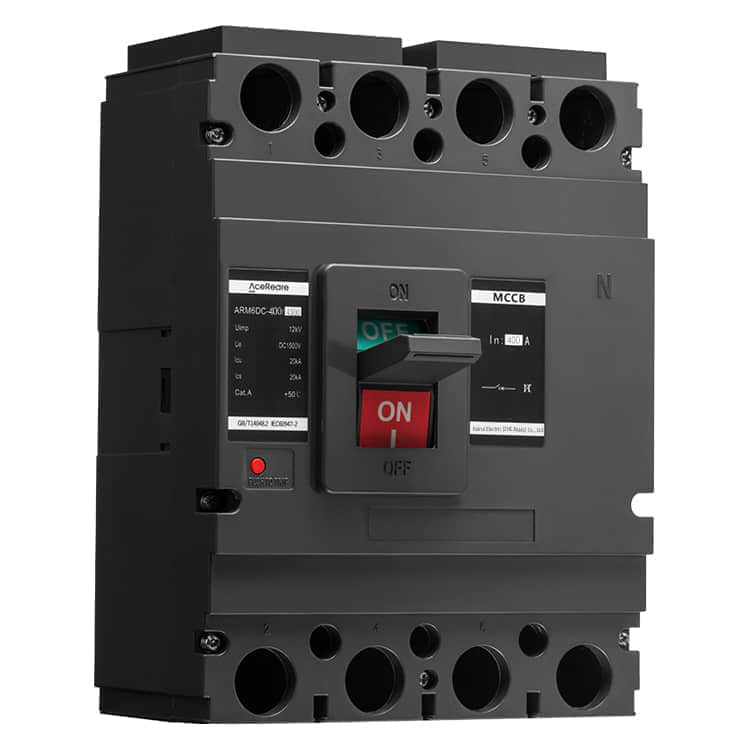Molded case circuit breakers play a pivotal role in the electrical distribution system, ensuring the safety and reliability of power networks. As such, the manufacturers of these breakers must adhere to strict standards and regulations to ensure their products meet the demands of a diverse range of applications. In this article, we delve into the world of molded case circuit breaker manufacturers, exploring their significance, the challenges they face, and the innovations driving the industry forward.

Molded case circuit breakers are designed to protect electrical circuits from overloads and short circuits. Their compact, modular design allows for easy installation and replacement, making them a popular choice in both commercial and industrial settings. Manufacturers of these breakers must possess a deep understanding of electrical engineering principles and be able to translate these principles into reliable, high-performance products.

The market for molded case circuit breakers is highly competitive, with numerous manufacturers offering a wide range of products. These manufacturers must not only compete on price but also on quality, performance, and customer service. To stand out in this crowded market, manufacturers often invest in research and development, seeking to innovate and differentiate their products. One of the key challenges facing molded case circuit breaker manufacturers is the need to comply with various international standards and regulations. These standards, such as IEC and UL, ensure that the breakers are safe, reliable, and effective in their intended applications. Manufacturers must invest in quality control systems, rigorous testing procedures, and certification processes to ensure their products meet these standards.

Leave a Reply